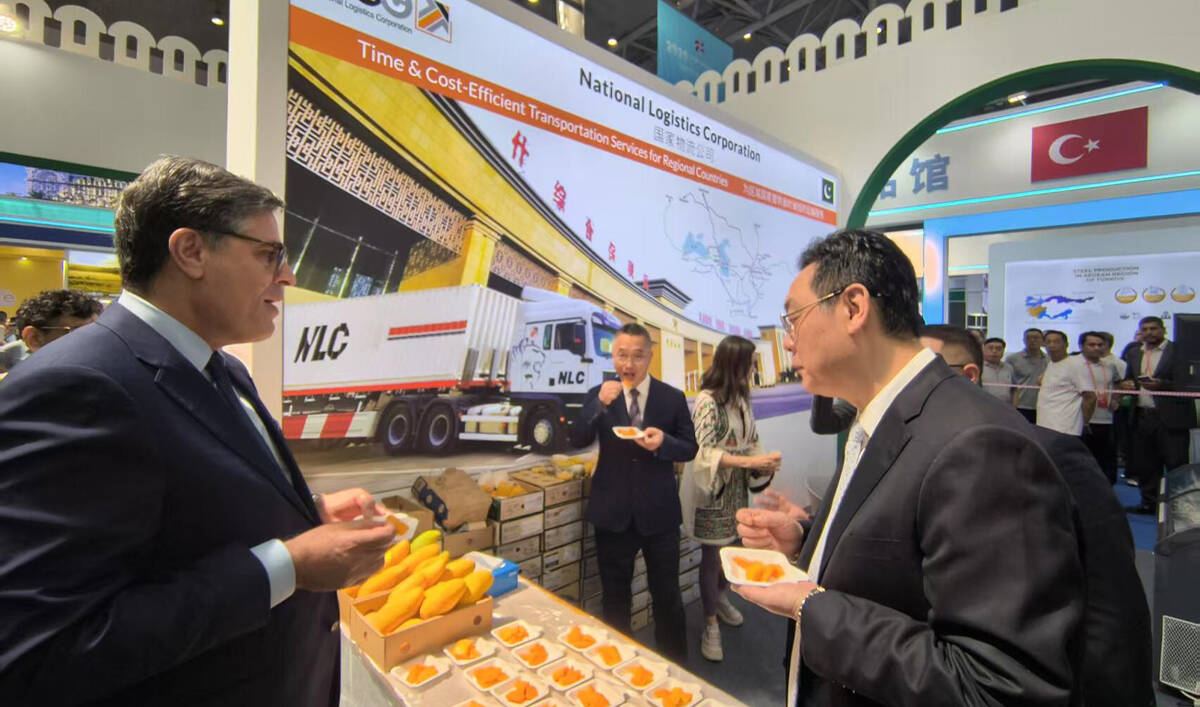NEW DELHI: With hopes of finally achieving her dream of becoming an “ambassador for peace” in the near future, Miss Universe runner-up Adline Castelino says it is high time her country, India, and arch-rival Pakistan worked to overcome their differences and build a relationship based on mutual respect and a shared history.
In a conversation with Arab News last week, the 22-year-old beauty queen, the third runner-up of the Miss Universe pageant held in Florida last month, spoke about her childhood years growing up in an Arab culture and the need for peace between rival nations Pakistan and India.
“I would love to don the role of an ambassador of peace,” she told Arab News. “If that opportunity comes to me, I would be the first one to grab it and make the most of it, because I believe that’s what the world needs now.”
A native of Mangalore in the southern Indian state of Karnataka, the 22-year-old beauty queen was born and raised in Kuwait.
“I am very grateful to have the experience of growing up in an Arab culture and I learnt a lot. The amalgamation of both cultures made me the person that I am,” she said.

Adline Castelino, India’s Miss Universe runner-up wearing a saree during a photo shoot for Indian traditional costume in Hollywood, Florida, on May 13, 2021. (Photo courtesy: Adline Castelino/Instagram)
Another thing Kuwait gave her were friends from a country that does not have friendly relations with her own — Pakistan. India and Pakistan have had a bitter rivalry and engaged in at least three wars since the partition of the British-ruled Indian Subcontinent in 1947.
“I don’t think this enmity, this animosity, needs to continue,” Castelino said. “There is such a wonderful relation we could share, because of our history, because of where we come from. In Kuwait, I have lived alongside Pakistanis, Bangladeshis. And they have been my best friends, they are my family, people who have cheered for me and had my back.”
“I truly feel that they are part of our family,” she said, adding that like many others in the subcontinent, she too had relatives on the other side of the border, in Lahore.
“I have a family in Pakistan, and I really want to tell them that I see a future where both of these countries actually join hands and to have very mutually respectful relations. Because we share the same history, because we have shared the same pain and struggle at one period of time.”
“I think it would be wonderful to be allies,” she added, saying she would love to visit Pakistan. “I would love to see the people and show them my respect.”

















